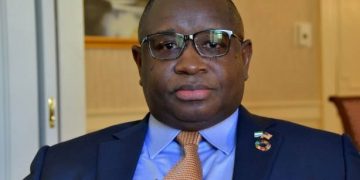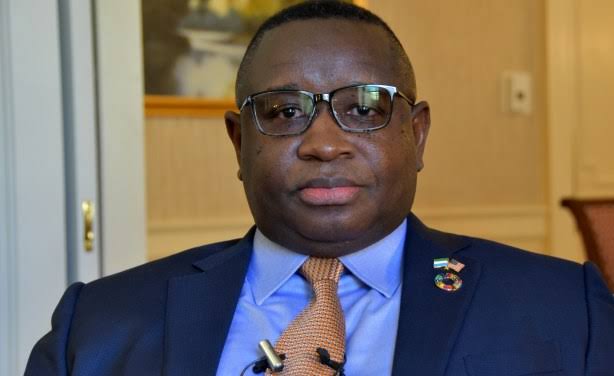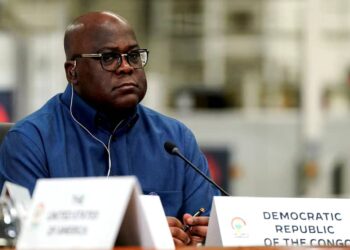By John Ikani
Sierra Leone has formally abolished death penalty, becoming the 23rd African country to repeal the capital punishment.
President Julius Maada Bio on Friday signed a bill abolishing the death penalty during a ceremony in the capital Freetown, after lawmakers approved the text in July.
After long resisting a formal ban on capital punishment, the government announced abolition plans in May. The Parliament then voted in favour in July.
In a statement, the President denounced capital punishment as “inhumane.”
“We today affirm our belief in the sanctity of life,” he said.
Sierra Leone, which is still recovering after decades of civil war, had frequently come under fire from rights groups for keeping capital punishment on the books.
The government announced that it would move to ban the death penalty in order to uphold human rights in May, before Sierra Leone’s parliament approved an abolition bill.
Deputy Minister of Justice, Umaru Napoleon Koroma told AFP that Sierra Leone’s first recorded execution dated from 1798 — around a decade after Britain founded the colony for freed slaves in 1787.
94 people were living under a death sentence at the end of 2020, the minister added.
No execution has taken place in the country since 1998, however, and death sentences were often commuted.
Under the new law, execution will be replaced with life imprisonment or a minimum 30-year jail term for crimes such as murder or mutiny.
Sierra Leone joins a growing number of African countries that have outlawed the death penalty, with Chad abolishing the punishment last year, for example.
Among Africa’s 54 independent countries, nearly half have abolished the punishment.
According to Amnesty International, 108 countries had completely scrapped the death penalty by the end of 2020, while 144 had abolished it either in law or in practice.



































